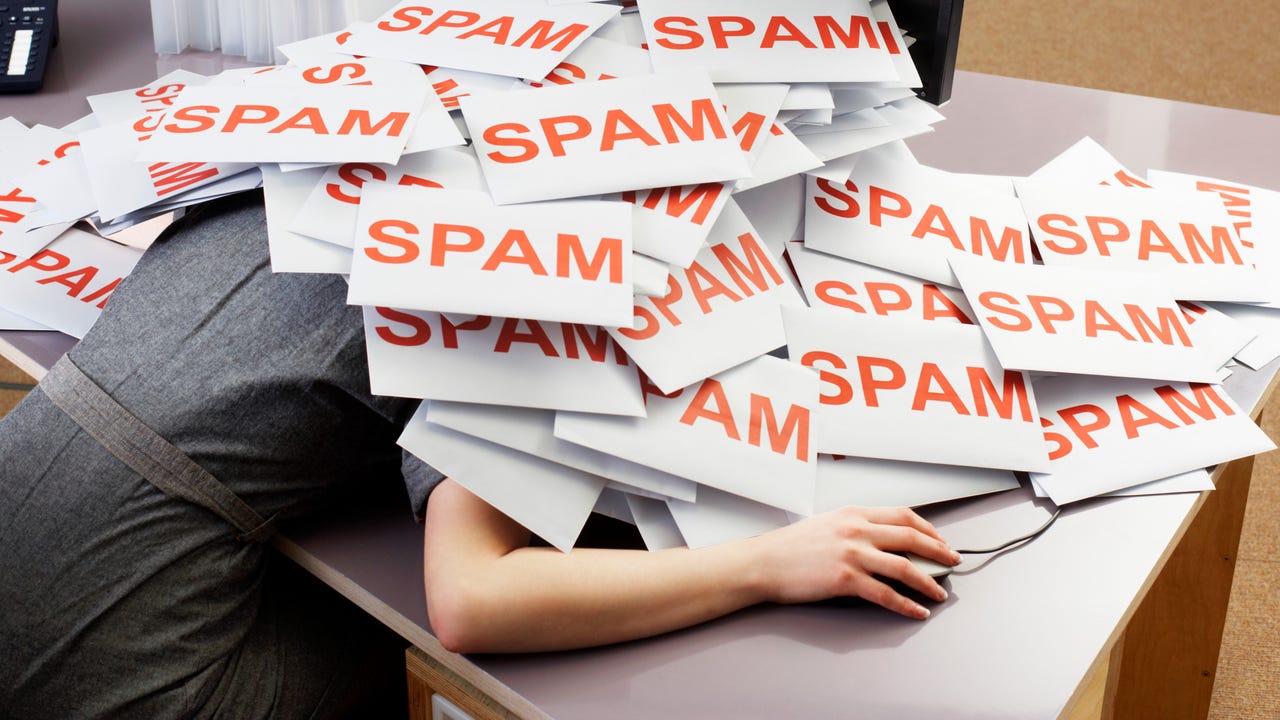'ZDNET Recommends': What exactly does it mean?
ZDNET's recommendations are based on many hours of testing, research, and comparison shopping. We gather data from the best available sources, including vendor and retailer listings as well as other relevant and independent reviews sites. And we pore over customer reviews to find out what matters to real people who already own and use the products and services we’re assessing.
When you click through from our site to a retailer and buy a product or service, we may earn affiliate commissions. This helps support our work, but does not affect what we cover or how, and it does not affect the price you pay. Neither ZDNET nor the author are compensated for these independent reviews. Indeed, we follow strict guidelines that ensure our editorial content is never influenced by advertisers.
ZDNET's editorial team writes on behalf of you, our reader. Our goal is to deliver the most accurate information and the most knowledgeable advice possible in order to help you make smarter buying decisions on tech gear and a wide array of products and services. Our editors thoroughly review and fact-check every article to ensure that our content meets the highest standards. If we have made an error or published misleading information, we will correct or clarify the article. If you see inaccuracies in our content, please report the mistake via this form.
I'm drowning in spam! How do I make it stop? [Ask ZDNet]



Welcome to the latest installment of Ask ZDNet, where we answer the questions that make Dear Abby's eyes glaze over.
In the mailbag this week: What's the best way to cut down on junk mail?
If you've got a question about any of the topics ZDNet covers, one of our team of editors and contributors probably has an answer. If they don't, we'll find an outside expert who can steer you in the right direction.
Questions can cover just about any topic that's remotely related to work and technology, including PCs and Macs, mobile devices, security and privacy, social media, home office gear, consumer electronics, business etiquette, financial advice... well, you get the idea.
Send your questions to ask@zdnet.com. Due to the volume of submissions, we can't guarantee a personal reply, but we do promise to read every letter and respond right here to the ones that we think our readers will care about.
Ask away.
I'm drowning in spam! How do I make it stop?
Every time I sign up for an interesting offer online, my inbox is inundated with spam. It's gotten to the point where I dread checking my email. Is there a way to avoid all that junk email?
Online marketers can be remarkably persistent. If you give them your email address to enter a contest or to score a discount coupon, you can expect to get regular deliveries of ads, come-ons, and hard sells that can be downright exhausting. And they're likely to pass your address along to partners who will also clutter your inbox. The best way to avoid that feeling of inbox overload is to filter those messages to a separate account, where you can keep them away from more important messages.
That requires, at a minimum, two email accounts. Keep your current email address for regular correspondence with friends, family, and trusted merchants. Create a new account (Gmail or Outlook.com) and use it for less essential stuff, like ads, newsletters, and promotions that you can scroll through when you feel like it (or ignore completely).
Creating that new account is just the first step. Shunting all the unwanted emails out of your primary account will take some time and a bit of effort.
- Use the unsubscribe button to take yourself off any mailing lists that aren't useful. If that doesn't stop the flow, add the sender's address to your junk filter.
- For mailing lists and other promotional stuff that you want to continue receiving, change the address to your secondary account. Look for an option to change the email address they have on file for you. If there's no easy way to do that, hit the unsubscribe button and then resubscribe (or don't!) using that secondary email address.
- Get in the habit of using your new secondary address when you sign up for anything that looks like it might result in incoming junk mail. If a service turns out to be important and worth promoting to the main account, you can use the change of address option here, too.
- Set the spam filters on your primary account to their most aggressive setting and then monitor your Spam/Junk Mail folder for a month or two, using the Not Junk option as needed to manage the false positives.
If all this sounds like work, well ... yes, it is. But in the long run, it's easier than wrestling with an out-of-control mailbox every day. You can get far more sophisticated with this strategy by using filters, rules, and Gmail labels to organize messages into folders. But just creating a separate account and not giving your "real" email address to untrusted correspondents should cut the junk mail torrent in your main inbox to a mere trickle.
Send your questions to ask@zdnet.com. Due to the volume of submissions, we can't guarantee a personal reply, but we do promise to read every letter and respond right here to the ones that we think our readers will care about. Be sure to include a working email address in case we have follow-up questions. We promise not to use it for any other purpose.